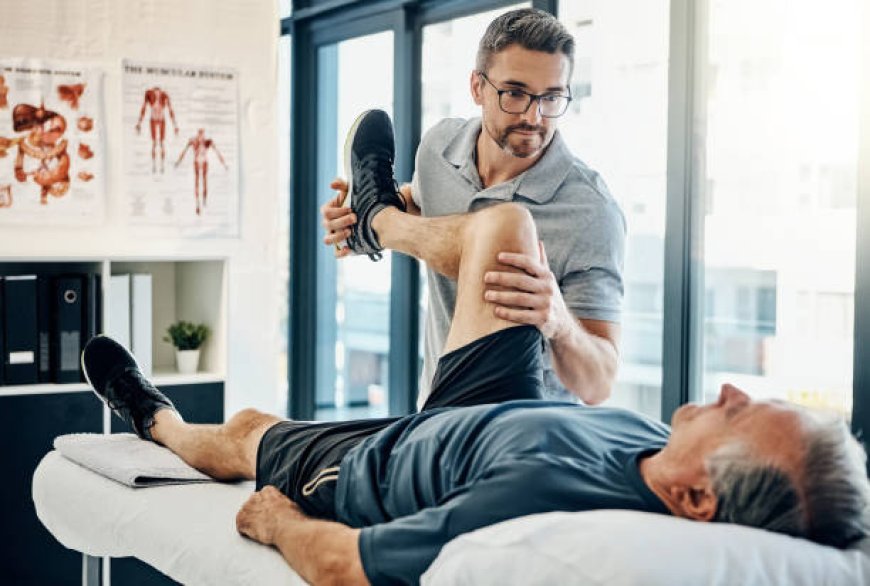Why Is Therapy Important for Active Individuals?

If you're one of those people who loves staying active or if you belong to the group of athletes, you might have wondered why so many of these sports professionals visit a physical therapy clinic (also known as คลินิกกายภาพบำบัด in Thai). The plain truth is, notwithstanding the injury reversals or minor or non-serious injury prevention, even if you're aiming to improve an overall fitness measure, physical therapy plays an essential role in that. It's not all about rehabilitation; reaping strength, agility, and resilience will keep you at the top of your game.
The Role of a Physical Therapy Clinic in Sports
A physical therapy clinic offers more than just treatment after an accident. In the sports niche, it’s often seen as a hub for:
-
Injury prevention – helping athletes avoid repetitive strain or overuse issues.
-
Rehabilitation – providing tailored recovery plans for specific injuries.
-
Performance improvement – building strength, balance, and flexibility for better results.
-
Education – teaching athletes about proper form, posture, and body mechanics.
Common Sports Injuries Treated
Athletes put their bodies under intense pressure, which can lead to both acute and chronic injuries. Some of the most common conditions treated in physical therapy clinics include:
-
Sprains and strains – especially in ankles, knees, and shoulders.
-
Tendonitis – often caused by repetitive motion in sports like tennis or running.
-
Fracture rehabilitation – regaining strength and regaining movement after a broken bone.
-
ACL or ligament injuries – frequent during football, rugby, and basketball.
-
Back pain – common among weightlifters and athletes with high-impact routines.
Benefits of Visiting a Physical Therapy Clinic
For athletes at all levels, the benefits are far-reaching. A physical therapy clinic can help by:
-
Accelerating recovery – personalised exercises and therapies help shorten healing time.
-
Lowering chances of re-injury – achieved through strengthening vulnerable areas and addressing imbalances.
-
Enhancing flexibility and mobility – allowing smoother, more precise, and powerful movements.
-
Elevating performance levels – with training plans customised to the demands of each sport.
-
Building mental confidence – reassurance in steady recovery supports psychological resilience.
Techniques Used in Sports Physical Therapy
Approaches are tailored by therapists to match the unique requirements of each sport or activity. They comprise the following evidence-based approaches:
-
Manual therapy – these are hands-on techniques, with applicability to different joint mobilities and different muscle functions.
-
Exercise therapy – sport-specific, targeted exercises that recruit greater levels of strength and endurance in the individual.
-
Electrotherapy – modalities that include ultrasound and TENS for pain control and recovery promotion.
-
Taping and bracing – supporting injured areas during training or competition.
-
Education and coaching – helping athletes develop safer movement habits.
Why Athletes Should Make It Routine
A stop at a physical therapy clinic should not be perceived merely as a response to seasoned injuries; rather, athletes benefit much more from making it a habitual part of their training and recovery strategy. Preventative visits can highlight weaknesses before they turn into problems, and continuous support ensures peak performance is maintained.
Stronger Every Step of the Way
Sportspeople, whether they be professionals or weekend warriors, almost always turn to the physical-therapy clinic as their mainstay. From injury prevention to enhancing performance, the benefits are many. For anyone serious about training harder, recovering faster, and staying healthy for longer, having physical therapy incorporated in an athletic course becomes a huge plus. Check out options that fit into your schedule and find out how hands-on expertise can help enhance your performance.







